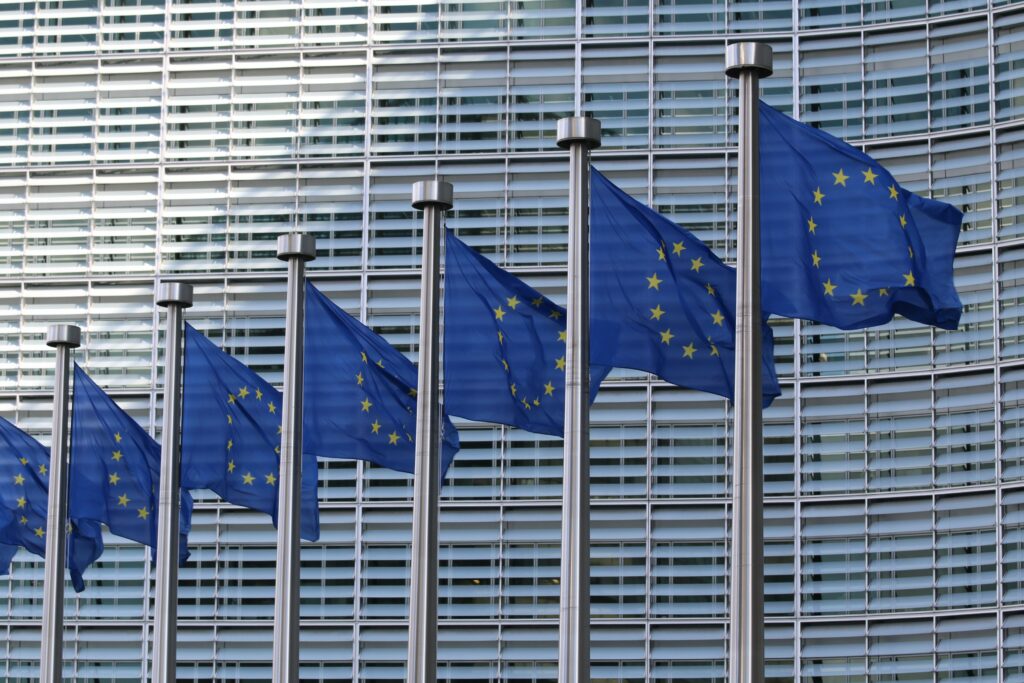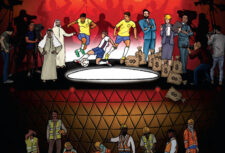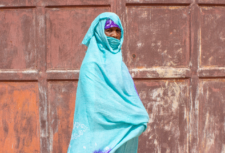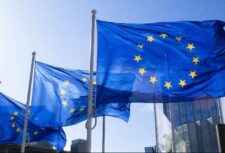Disclaimer: This article is more than 3 years old, and may not include the most up-to-date information or statistics. Please verify information with more recent sources as needed, and if you have any questions contact our Press Office.
New corporate due diligence law could put an end to profit from forced labour and child labour

Brussels, 8 February 2021
We are on the brink of a major opportunity to advance and protect human rights for people all over the world. In the next few months, the European Union will further debate a proposed business and human rights law that would require companies operating in the EU to prevent and address human rights abuses and environmental damage in their global supply chains. This commitment to responsible business could help tackle forced labour and child labour in supply chains around the world.
On Monday 8 February, the European Commission closed a public consultation on the proposed law. We took part in this consultation, together with partner organisations in more than 20 countries, including Bangladesh, Brazil, Chile, Colombia, Ghana, India, Indonesia, Nepal, South Africa and Turkmenistan. We also actively encouraged our supporters and allies to do the same, and we want to thank everyone who took part: this consultation proved to the European Commission that people all over the world look to the EU to show leadership, courage and compassion for oppressed people everywhere.
Real action needed to combine business and human rights
Caught in a debt trap, Ali* decided to abandon his employer and work as an undocumented worker. To manage his migration costs, Ali had to borrow a large amount of money but failed to repay the loan on time. Back in Bangladesh, his family faced harassment and were threatened to be evicted from their home. Many migrant workers such as Ali fear to complain because that could mean losing their jobs. Many companies have the option to process complaints, but companies fail to follow adequate procedures and workers end up losing their job contracts. Workers prefer to be re-victimised and sent back to their country.
*(pseudonym) – Example from OKUP, Bangladesh
We are hopeful the EU bring in the proposed business and human rights law. But the law can only be truly transformative if it encourages or compels companies to tackle not only the immediate impact but also the the root causes that lead to forced labour and child labour. A legal duty to respect human rights must be firmly embedded at every level of every supply chain, covering every worker and every child. Living wages and freedom of association must be understood and protected as fundamental rights, not benefits that can be sacrificed in pursuit of low costs and quick turnaround goods. And companies must be made to take extra care to protect people in especially vulnerable situations, such as Dalits in South Asia and South East Asia, homeworkers and migrants across the world.
Just as the law has to hold companies to account, it has to give real power to victims and survivors of modern slavery. People subjected to forced labour and child labour must be able to go to court for justice, both in the EU and in third countries where harm happens, and companies must face strong penalties if they break the rules. Victims in foreign countries often face huge obstacles in holding companies to account and obtaining remedy; an effective business and human rights law would force companies to live up to their responsibilities towards people and planet, and would empower workers, trade unions, local communities and NGOs to bring collective action and access justice.
In Ghana’s fisheries, children work for an average of 11 hours a day, with food usually provided only twice a day. Most of these children are illiterate and are not attending any school. They do not have access to regular health care, despite suffering from several serious diseases and illnesses, including mental health issues. Children are exposed to a variety of hazards and abuses including verbal abuse, physical abuse and sexual abuse. Exposure to harsh weather conditions, mosquito bites, attack by snakes and risk of drowning, as well as exposure to excess fire and smoke during smoking, affects the health and growth of children.
Example from Challenging Heights, Ghana
It is time we make sure Europe’s supermarket shelves, boutiques and websites are completely free from goods made through forced labour and child labour. A strong EU corporate due diligence law could help the EU to live up to its promise as a global defender of human rights. We encourage the European Commission to take the views of affected workers, communities and their representatives seriously. Their perspectives are essential to shape strong legislation, making sure the goods and services we buy and use do not harm people and the environment.
Read Anti-Slavery International’s full submission to the European Commission.





